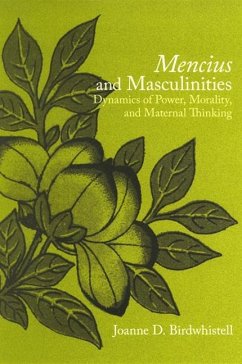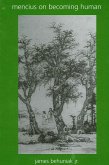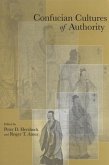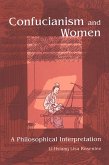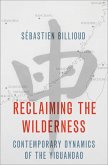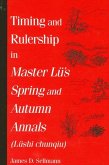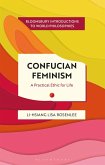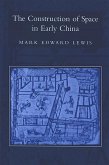In this innovative work, Joanne D. Birdwhistell presents the first gender analysis of the Mencius, a central text in the Chinese philosophical tradition. Mencian philosophy, particularly its ideas about the processes by which a man could develop into a cultivated gentleman, was important to the political thought of China's long imperial order. Through close textual readings, Birdwhistell offers a new interpretation of core Mencian ideas about the heart and the self-cultivation of the great man. She argues that the concept of masculinity advocated by the Mencius is derived, although without acknowledgment, from maternal practices and thinking-through processes of appropriation, inversion, and transformation. She illustrates that even though maternal practices and thinking are an invisible dimension of Mencian thought, they are constantly present in the text through their transcoding with agricultural practices and thinking.
Dieser Download kann aus rechtlichen Gründen nur mit Rechnungsadresse in A, D ausgeliefert werden.

